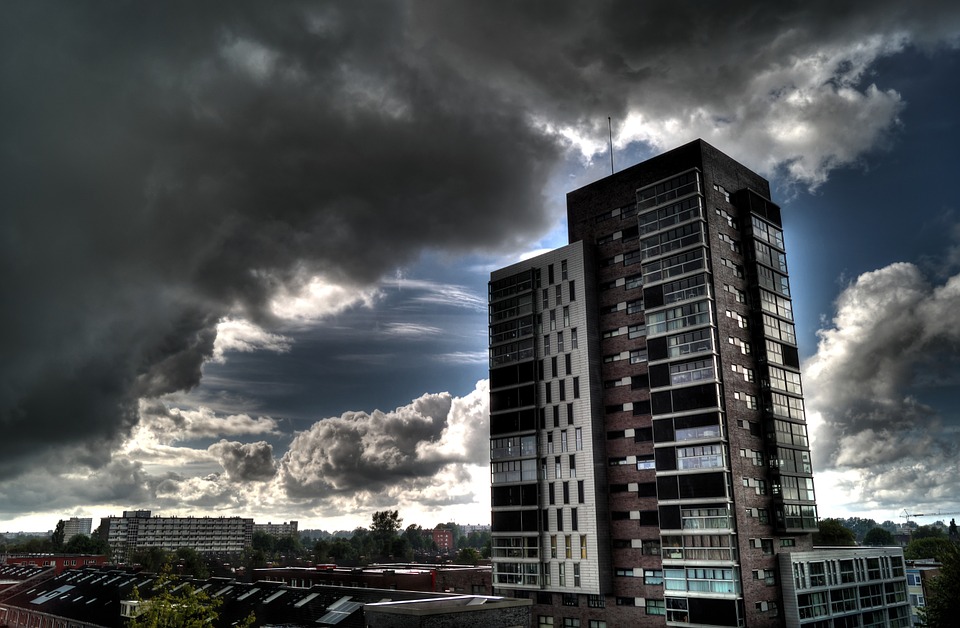Cladding remediation – a legal update for developers

Spring 2023 will be a significant time for developers as the UK and Scottish governments progress their separate cladding remediation programmes. Each government’s programme is at a different stage. Caroline Maciver (partner) and Lynda Ross (director) from the construction team at law firm Burness Paull have provided a short update.
Scotland – updates on Accord and SBAs due
In May 2022, the Scottish Government announced that it was working with key partners, including developers, to develop a Scottish Safer Buildings Accord (Accord). The stated intention was to “identify fair and workable solutions” for cladding remediation. You can refresh your memory by reading the government’s statement here: Working together to fix cladding issues. Information about progress will hopefully be issued soon.
Further information about Single Building Assessments (SBAs) is also awaited. An SBA is a comprehensive inspection of a whole multi-residential building to identify what, if any, mitigation or remediation work is required. The SBA is a critical document for developers since its output could determine the extent of their responsibility. It is the cornerstone of the Scottish Government’s remediation programme. More information about how it will work in practice is therefore also eagerly awaited.
England – Pledge deadline and new statutory rights in action
March will be a significant month for the 49 larger developers who signed a Pledge last spring committing them to the remediation of life-critical fire-safety issues on all buildings over 11 metres which they developed or refurbished over the last 30 years in England.
On 30 January 2023, the government issued the 90-page legally binding contract (called the remediation contract) to the Pledge signatories and said that they had six weeks to sign it. They also warned that those who failed to sign or comply with its terms could be blocked from the housing market. The statutory basis for this powerful sanction, to be known as the Responsible Actors Scheme (RAS), is contained in the Building Safety Act 2022. The regulations providing the detail about how the RAS will work in practice will be published in the spring. You can read the government’s statement here: Six weeks for developers to sign contract to fix unsafe buildings.
However, this is only part of the picture as there are other changes impacting all developers - not just the larger ones who signed the Pledge. In the last few months, developers (and their associated companies) have been increasingly exposed to remediation claims as a consequence of new rights and remedies created by the Building Safety Act 2022 to protect homeowners. These include Remediation Contribution Orders (RCOs) and Building Liability Orders. There has also been a rise in historic building safety litigation against developers (and contractors and consultants), assisted by the recently extended 30-year time bar period.
One notable development from last month was the first RCO issued by a tribunal. It ordered a company, which was both the freeholder and developer of a building, to pay £194,680 to leaseholders within 14 days of the order. In essence, this was for the return of service charges incorrectly levied by the freeholder/developer for building safety remedial works.
Remember that all these developments are in addition to the new Building Safety Levy payable by developers on any residential or mixed-use building in England (not yet in force), and the Residential Developers Property tax (a UK-wide tax currently payable by larger developers in scope).
The next few months will see significant changes in the complex and ever-changing building safety landscape.























